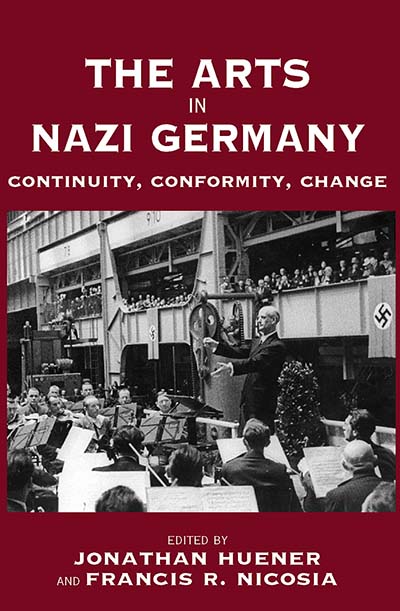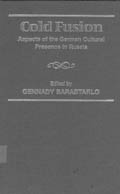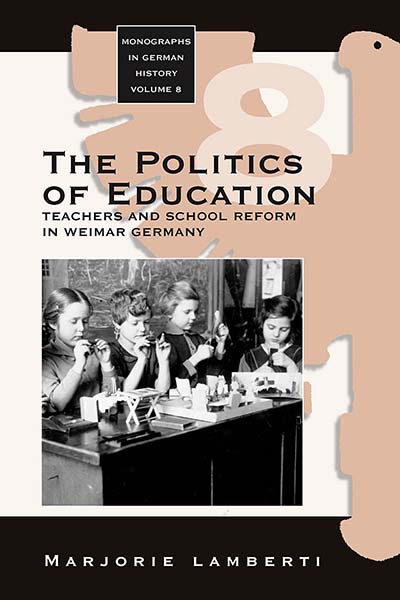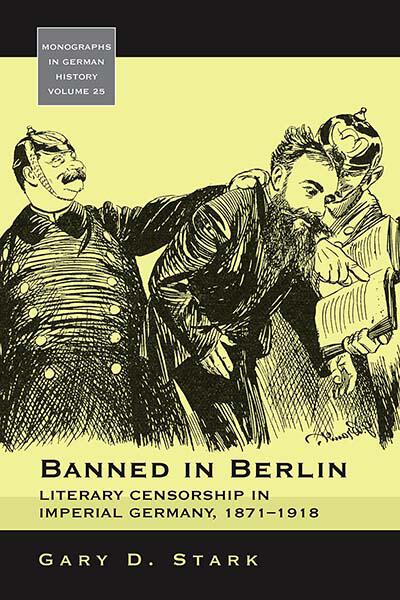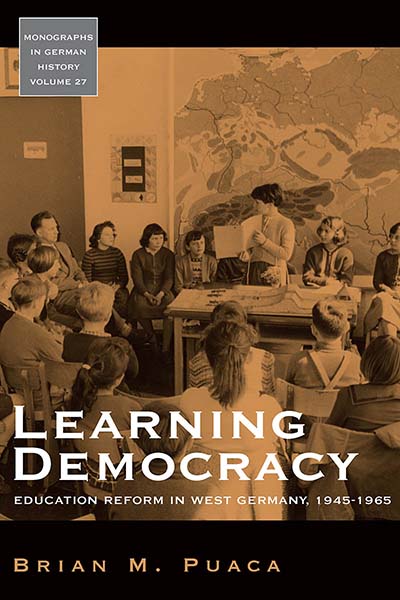
Series
Volume 27
Monographs in German History
See Related
Education JournalsEmail Newsletters
Sign up for our email newsletters to get customized updates on new Berghahn publications.
Learning Democracy
Education Reform in West Germany, 1945-1965
Brian M. Puaca
236 pages, 10 illus., bibliog., index
ISBN 978-1-84545-568-2 $135.00/£104.00 / Hb / Published (July 2009)
eISBN 978-1-84545-928-4 eBook
Winner of the American Educational Research Association's 2011 New Scholar's Book Award
Reviews
"The use of sources is outstanding. One of the achievements of this book is its significance for Americanists and Europeanists. For the former, he situates his study in a conversation about American education for democracy in the post-WWII world. For Europeanists he concludes by looking back from 1968, claiming persuasively that the reforms of the 50s and 60s create the necessary conditions for student protests later on. The book is also significant in that it is the only ground-level examination in any language of the US reconstruction of West Germany written for over twenty years... Finally, the book tells us something about democratic education as such. By looking at student government, newspapers, and other extra or co-curricular activities, as well as course offerings and textbooks, Puaca reminds us that education is much more than the explicit curriculum." · From the Committee's Report
“Puaca has produced an innovative, coherently organized, and elegantly written book that challenges us to rethink some of our preconceived notions on education reform in the early Federal Republic.” · American Historical Review
“…challenges a standard narrative that envisions the late 1960s as the moment when an assault on the conservativism of the 1950s took place. The book’s strengths lie in its meticulous examination of the gradual development of educational innovations and in its ability to capture the voices of students and teachers from that period…[It] is an important new addition to the scholarship [and] a rich and welcome contribution to the fields of German history and the history of education.” · Central European History
“By tracing the progression of internal reforms first chronologically and then thematically, Puaca’s most important contribution is to reveal the education reform process as a subtle, gradual, ground-level transformation that was instigated and achieved largely by Germans. While the American impact during the occupation years and beyond was real, German public schools were by no means Americanized.” · German Politics & Society
"Without a doubt, [this study] provides an important reinterpretation of West German society in the first two decades after the war. It is a work that will change the historiography of educational reforms generally and West Germany specifically, and one that belongs on the shelves of all historians interested in modern European and US history." · German History
“This book offers important differentiations and corrections [of the existing research]. It contributes to the dismantling of the myth of the ‘sixty-eighters’: long before this spectacular year there were fundamental, gradually implemented reforms and successful institutional attempts at democratization on which the activists of 1968 were often able to build, without necessarily being aware of it.” · Historische Zeitschrift
“Brian M. Puaca tells a German success story that historians have missed…[He] makes a compelling case that German resistance to American prescriptions did not preclude democratic change…[and] offers a new framework for the post-World War II period.” · H-Education
“…[a] splendid account of education reform in West Germany from 1945 to 1965…Shifting attention from dramatic, centralized events to subtle, gradual evolution, Learning Democracy deepens our understanding of how school change happens in any place and era.” · History of Education Quarterly
“…well written, well organized, extremely well supported by documentation … and well reasoned.” · James Tent, author of Mission on the Rhine: Reeducation and Denazification in American-Occupied Germany
Description
Scholarship on the history of West Germany’s educational system has traditionally portrayed the postwar period of Allied occupation as a failure and the following decades as a time of pedagogical stagnation. Two decades after World War II, however, the Federal Republic had become a stable democracy, a member of NATO, and a close ally of the West. Had the schools really failed to contribute to this remarkable transformation of German society and political culture?
This study persuasively argues that long before the protest movements of the late 1960s, the West German educational system was undergoing meaningful reform from within. Although politicians and intellectual elites paid little attention to education after 1945, administrators, teachers, and pupils initiated significant changes in schools at the local level. The work of these actors resulted in an array of democratic reforms that signaled a departure from the authoritarian and nationalistic legacies of the past. The establishment of exchange programs between the United States and West Germany, the formation of student government organizations and student newspapers, the publication of revised history and civics textbooks, the expansion of teacher training programs, and the creation of a Social Studies curriculum all contributed to the advent of a new German educational system following World War II. The subtle, incremental reforms inaugurated during the first two postwar decades prepared a new generation of young Germans for their responsibilities as citizens of a democratic state.
Brian Puaca is Assistant Professor of History at Christopher Newport University in Newport News, Virginia. He received the 2006 Claude Eggertsen Prize for the most outstanding dissertation in the history of education from the History of Education Society.
Hear Brian Puaca on Virginia public radio.

